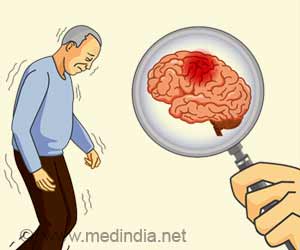Features of movement disorders across varied species can be traced using deep learning algorithms that further help in the understanding of Parkinson’s disease.

TOP INSIGHT
Features of movement disorders across varied species can be traced using deep learning algorithms that further help in the understanding of Parkinson’s disease.
Artificial Intelligence in Movement Disorder
It was found that despite their evolutionary differences, all the organisms were unable to move while maintaining high speeds. Moreover, they exhibited similar movement disorders in the case of dopamine deficiency despite different body scales and locomotion methods.
Although it is established that dopamine deficiency was associated with movement disorders in all of these species, the study team was first to identify the shared locomotion features caused by this deficiency.
“Our project shows that deep learning can be a powerful tool for extracting knowledge from datasets that appear too different to be compared by human researchers,” says study author Takahiro Hara.
Source-Medindia
 MEDINDIA
MEDINDIA




 Email
Email







